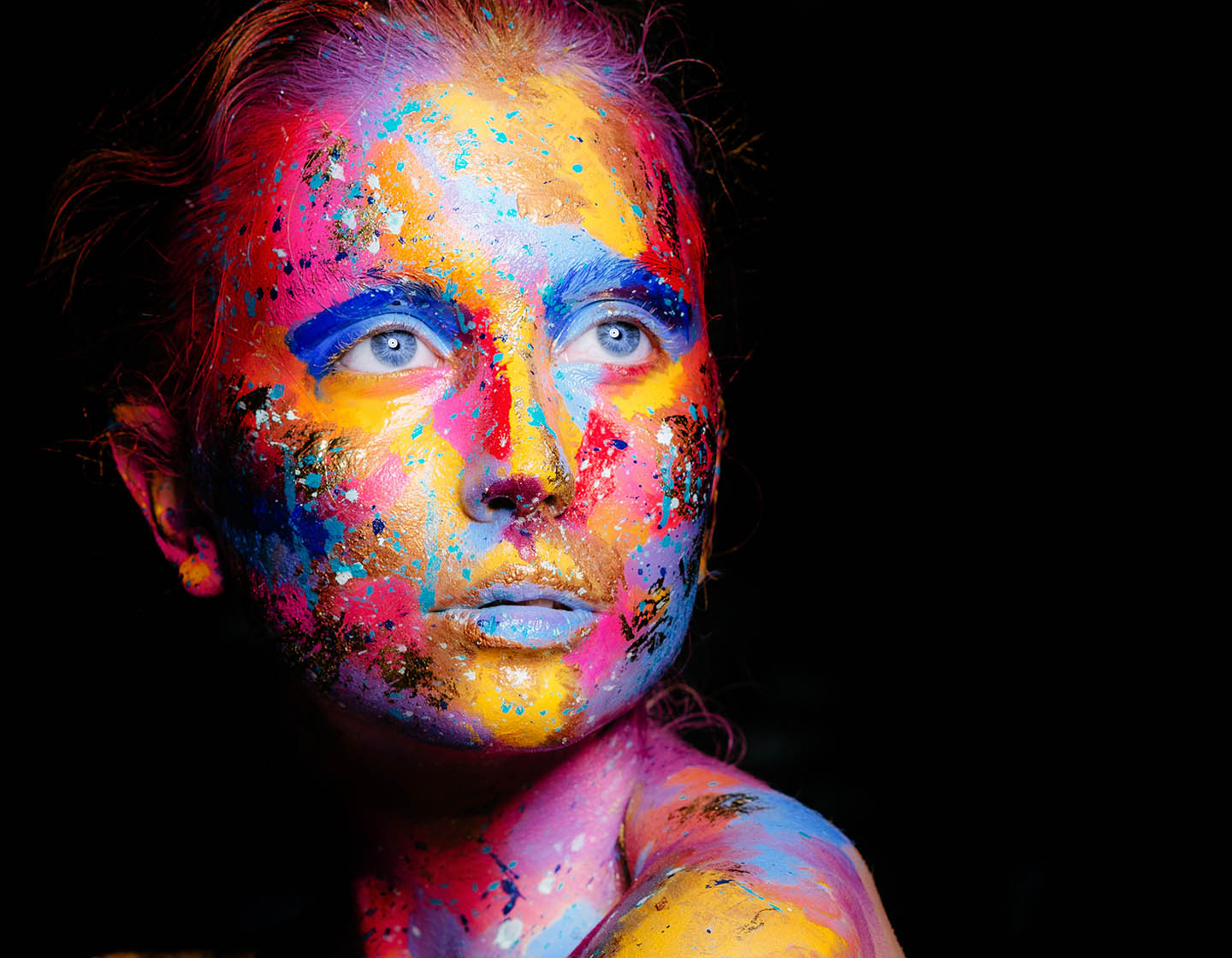Research shows why Soraa full-spectrum LED lighting is smart choice for retailers and consumers
Written by Tim Greenhalgh
Posted on January 17, 2022
Research by a leading US university shows why Soraa full-spectrum LED lighting is the smart choice for retailers and consumers.
A joint research project with Pennsylvania State University (PSU) has proved that whiteness and colour rendering have a strong effect on the perception of energy-efficient LED lighting.
Those taking part largely preferred the performance of Soraa LEDs illuminating colour and white objects relative to the performance of a light source with a Colour Render Index of 85 that also delivers a relatively broad spectrum.
Compared with conventional blue-based LEDs, participants overwhelmingly preferred the whiteness and colour rendering of Soraa’s full visible spectrum lamps with Violet-Emission 3-Phosphor (VP₃) technology.
Beautiful true colours
Soraa’s lamps emit full visible spectrum light which renders warm, saturated colours including important colours like reds and bright greens. The lamps also excite Optical Brightening Agents (OBAs) in white objects like clothing, paper and plastics, making them look intentionally whiter.
Most LED manufacturers use technology that currently misses parts of the spectrum, resulting in blue-LED based lighting products that cannot truly render whiteness or colours.
Uniquely, Soraa’s full visible spectrum lamps with VP₃ Natural White are engineered to emit all colours of the rainbow, including violet, which excites OBAs and perfectly renders whites.
The PSU study found that the vast majority of participants preferred objects rendered under Soraa’s full visible spectrum light over standard LED light that lacked the short wavelength range of the spectrum.
In fact, whether looking at a white dress shirt or their own smile, 90% of users preferred the whiteness rendering provided by Soraa’s lamps.
Participants also commented that colours were more saturated, vibrant and attractive under Soraa’s full visible spectrum LED lamps with VP₃ Vivid Colour (CRI of 95 and R9 of 95) versus the blue-based LED lamps with a standard CRI of 85 and R9 of 0.
The research shows that the company’s VP₃ technology rendered colours with high fidelity and no change in saturation and the colours accurately matched the reference halogen lamp. This was true not only for coloured objects but also for participants’ skin complexions.

Natural and beautiful light
Mike Krames, Chief Technology Officer of Soraa believes that the study finally answers the question of whether high quality colour and whiteness rendering matter. He says:
“It does, and we now have the data to prove it. Because all of our lamps render the entire visible spectrum, white fabrics and paper goods pop, plastics are brilliant and people’s smiles are whiter, and colours are more natural and beautiful.
“That’s good news for consumers and retailers, who want and deserve the enormous economic and environmental benefits of LED lighting, but are unwilling to sacrifice the sales benefits of excellent light quality in return.”
The research highlights the fact that colour perception separates across two dimensions: fidelity or colour accuracy and gamut, i.e., colour preference. These have often been mixed up, or not controlled against one another, in much past research. The results of the research have been published on the Lighting Research & Technology academic website.
The study indicates that light quality is as important as efficacy in the choice of light sources. It also underlines that the current CRI metric is deficient because it does not define colour and white performance. The lighting sector needs a more effective measurement for both colour and white elements.
It is clear from the research that the Soraa lamps deliver better quality as perceived by a broad range of people, which is the key point – consumers are obviously more likely to be attracted to and purchase items that are brilliantly illuminated with full spectrum lighting.
Find out more about Soraa full spectrum lighting here and if you have any questions, just call our expert team on 0333 1235464 – they will be happy to help!